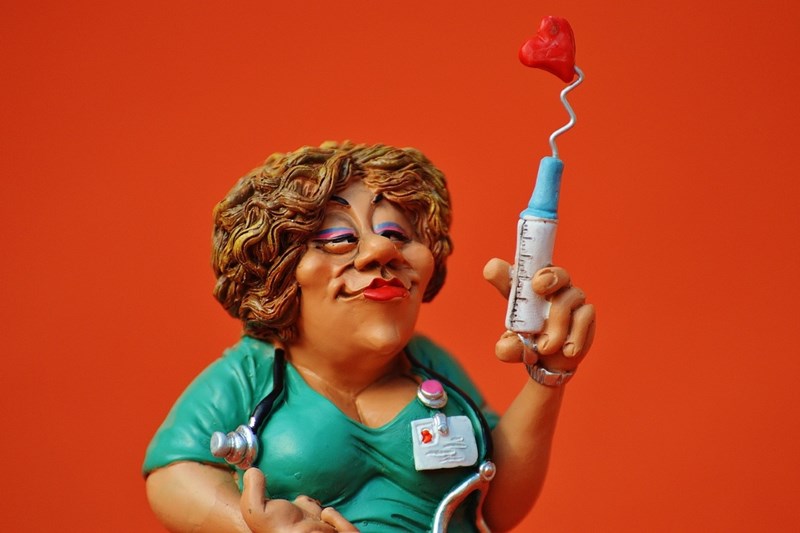How do I make a claim?
If you need to make a claim, you can submit your claim in one of several ways:
- Online: Visit our Claims page for for information.
- Email: claims@fastcover.com.au
We assess all claims in accordance with the Product Disclosure Statement and your Certificate of Insurance. Each claim is assessed individually and cover will depend on the type of policy you purchased and your particular circumstances.
Remember:
- Take reasonable steps to minimise your claim. Contact your airline or Travel provider for assistance if you need to rearrange your travel plans.
- Keep your receipts and any other supporting documentation e.g. travel provider cancellation letters. If you are claiming for additional meal, accommodation, and travel costs, please ensure you retain copies of all of your expense receipts.
- Take measures to act in a responsible way to protect yourself and do everything you can to reasonably reduce your loss as much as possible.
 †
†













